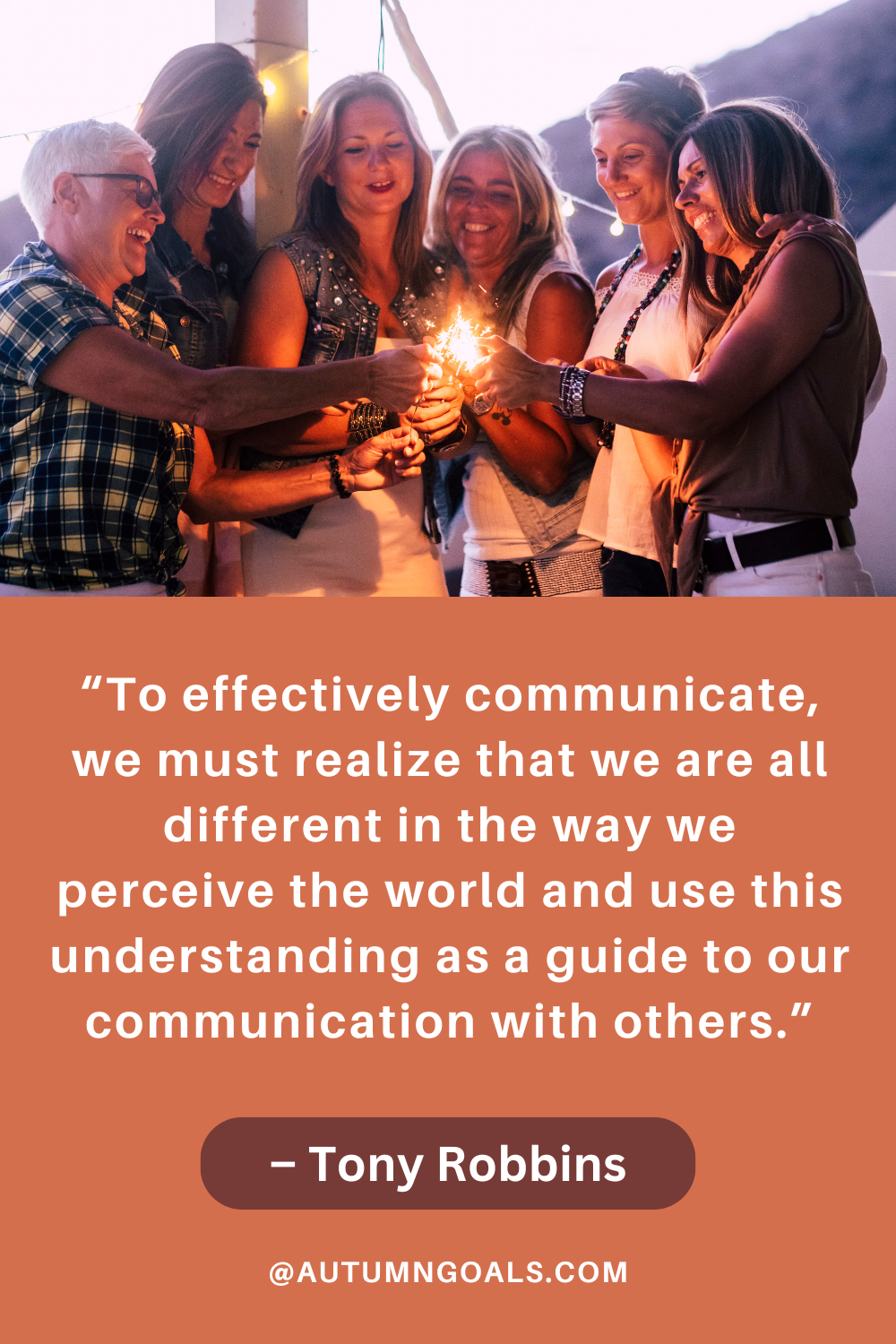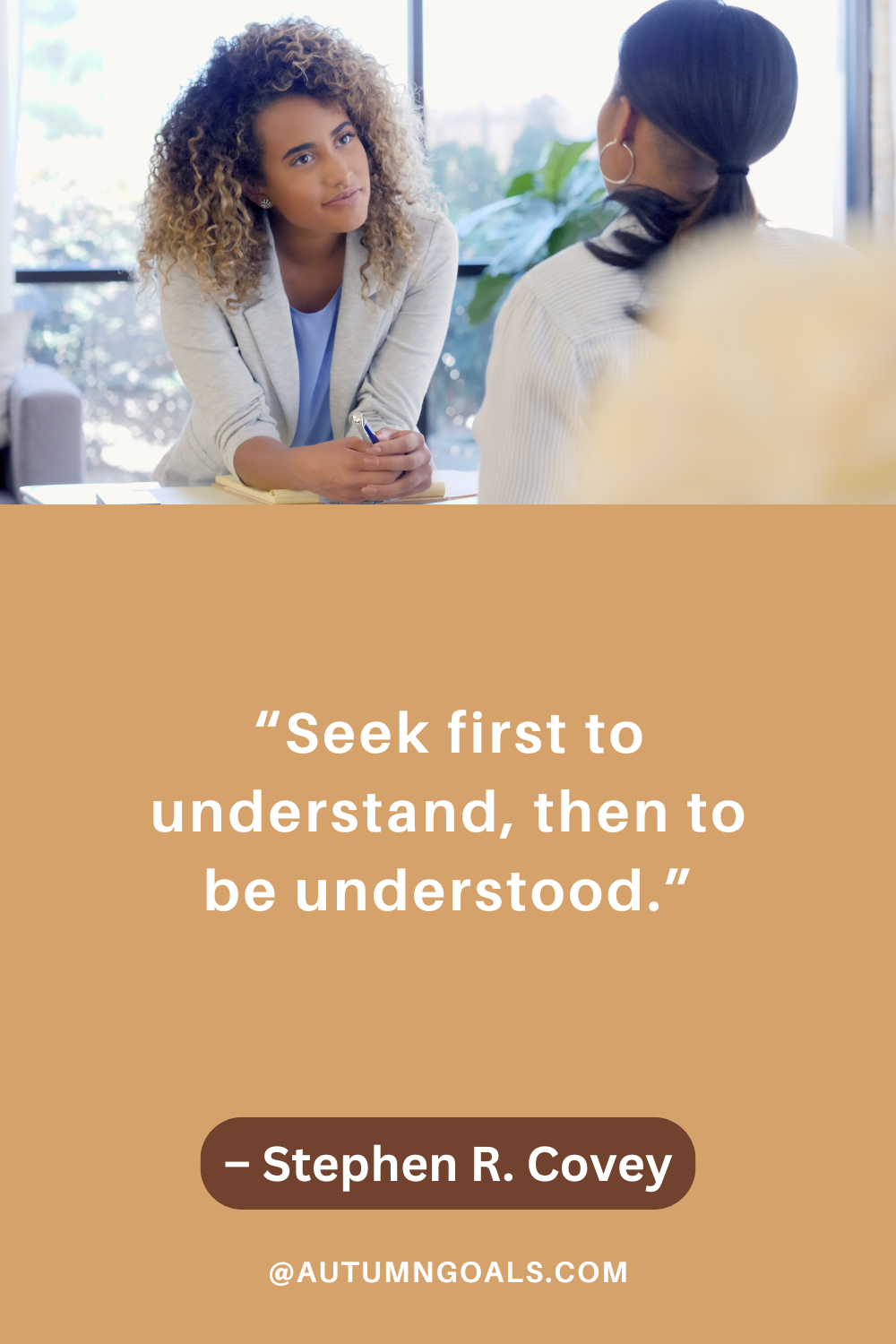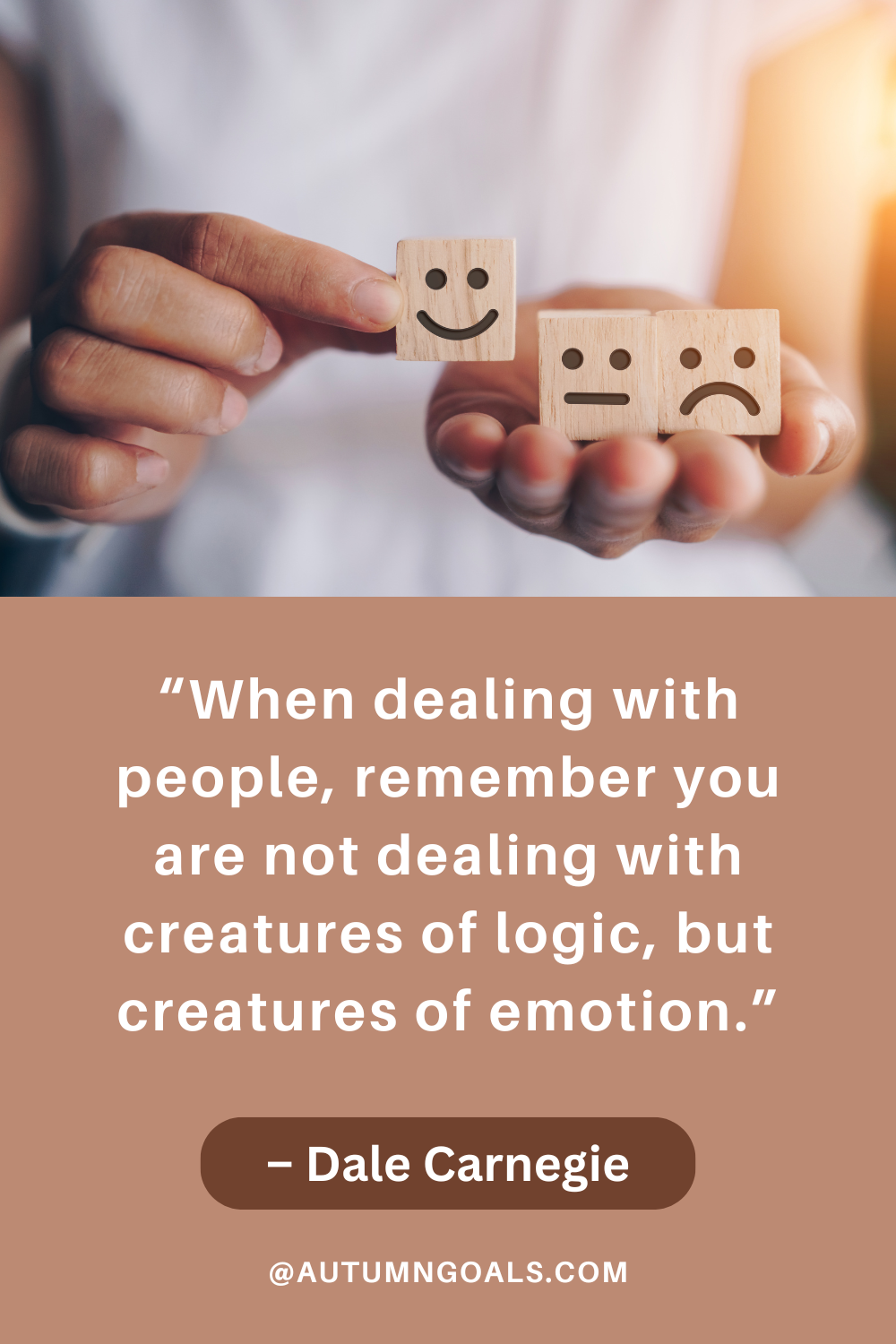Effective Communication: Strategies to Enhance Your Interpersonal Skills
July 18, 2024 | by autumngoals.com

Effective Communication Photo by Christina @ wocintechchat.com on Unsplash
Communication is the backbone of human interaction. It shapes our relationships, influences our career success, and is vital for personal development. Effective communication is not just about exchanging information; it’s about understanding the emotion and intentions behind the information. As Tony Robbins, a renowned personal development coach, aptly puts it, “To effectively communicate, we must realize that we are all different in the way we perceive the world and use this understanding as a guide to our communication with others.” This blog post will delve into the strategies for effective communication, with a particular focus on improving your interpersonal skills.

Understanding Effective Communication
Effective communication is the ability to convey information to another effectively and efficiently. It involves both verbal and non-verbal communication skills. According to Stephen R. Covey, author of “The 7 Habits of Highly Effective People,” “Seek first to understand, then to be understood.” This principle underscores the importance of listening as a fundamental component of effective communication.
Strategies for Effective Communication
1. Active Listening
Active listening is the foundation of effective communication. It involves fully concentrating, understanding, responding, and remembering what is being said.
Key Elements of Active Listening:
- Focus on the Speaker: Give your full attention to the person speaking. Avoid distractions and maintain eye contact.
- Show that You’re Listening: Use body language and gestures like nodding, smiling, and maintaining an open posture to show engagement.
- Provide Feedback: Summarize or paraphrase what has been said to show understanding. Use phrases like “What I’m hearing is…” or “It sounds like you are saying…”
- Defer Judgment: Avoid interrupting with counterarguments or immediate responses. Let the speaker finish before you share your thoughts.
- Respond Appropriately: Offer considered responses that acknowledge the speaker’s perspective. Ask questions if you need clarification.
2. Non-Verbal Communication
Non-verbal cues can often speak louder than words. Your body language, facial expressions, gestures, posture, and eye contact play a significant role in communication.
Personal note – this is an area I struggle with because my face is very expressive and therefore not always the most appropriate responses in certain situations. I often don’t have to say a word and people know what I am thinking…
Tips for Effective Non-Verbal Communication:
- Maintain Eye Contact: This shows confidence and helps build trust.
- Mind Your Posture: Stand or sit up straight to convey attentiveness and professionalism.
- Use Gestures: Complement your words with hand gestures to emphasize points.
- Observe Facial Expressions: Your facial expressions should match your message. A smile can go a long way in creating a positive atmosphere.
- Pay Attention to Proxemics: Be mindful of personal space to make others comfortable.
3. Clarity and Conciseness
Being clear and concise helps to avoid misunderstandings. Ensure your message is straightforward and to the point.
How to Achieve Clarity and Conciseness:
- Think Before You Speak: Organize your thoughts and know what you want to say before you start talking.
- Use Simple Language: Avoid jargon and complex words. Keep your message simple and easy to understand.
- Be Direct: Get to the point without unnecessary elaboration.
- Check for Understanding: Ensure the receiver has understood your message by asking for feedback or clarification.
4. Empathy and Emotional Intelligence
Empathy is the ability to understand and share the feelings of another. Emotional intelligence (EQ) involves being aware of your own emotions and those of others.
Developing Empathy and EQ:
- Listen Actively: Show genuine interest in others’ feelings and perspectives.
- Acknowledge Emotions: Validate others’ emotions even if you don’t agree with them.
- Practice Self-Awareness: Be conscious of your own emotions and how they affect your interactions.
- Manage Emotions: Learn to control and express your emotions appropriately in different situations.

5. Constructive Feedback
Providing constructive feedback is essential for personal and professional growth. It helps individuals understand their strengths and areas for improvement.
Techniques for Constructive Feedback:
- Be Specific: Focus on particular behaviours rather than general comments.
- Be Balanced: Highlight positive aspects along with areas for improvement.
- Be Timely: Provide feedback as soon as possible to address the issue while it’s still relevant.
- Be Respectful: Deliver feedback in a respectful and non-threatening manner.
- Encourage Dialogue: Allow the recipient to share their thoughts and feelings about the feedback.
6. Adaptability
Adaptability in communication means being able to adjust your communication style to suit different situations and audiences.
Ways to Improve Adaptability:
- Know Your Audience: Understand the background, preferences, and needs of the people you are communicating with.
- Be Open to Change: Be willing to modify your approach based on the feedback and the situation.
- Develop a Range of Skills: Cultivate various communication techniques, from formal presentations to casual conversations.
7. Building Rapport
Building rapport helps to create trust and understanding between individuals. It is especially crucial in professional settings.
Steps to Build Rapport:
- Find Common Ground: Identify shared interests or experiences to connect with others.
- Be Genuine: Authenticity fosters trust and openness.
- Show Interest: Ask questions and show curiosity about the other person’s thoughts and experiences.
- Use Humour: Appropriate humour can lighten the mood and build a connection.
Effective Communication for Connection
Effective communication is a crucial skill that impacts every aspect of our lives. By mastering the strategies outlined above—active listening, non-verbal communication, clarity and conciseness, empathy and emotional intelligence, constructive feedback, adaptability, and building rapport—you can significantly improve your interpersonal skills. Keep learning, practicing, and refining your skills to become a more effective communicator.
Remember the words of Dale Carnegie, author of “How to Win Friends and Influence People”: “When dealing with people, remember you are not dealing with creatures of logic, but creatures of emotion.” Effective communication is not just about exchanging words; it’s about connecting with others on a deeper level and fostering meaningful relationships.

RELATED POSTS
View all



